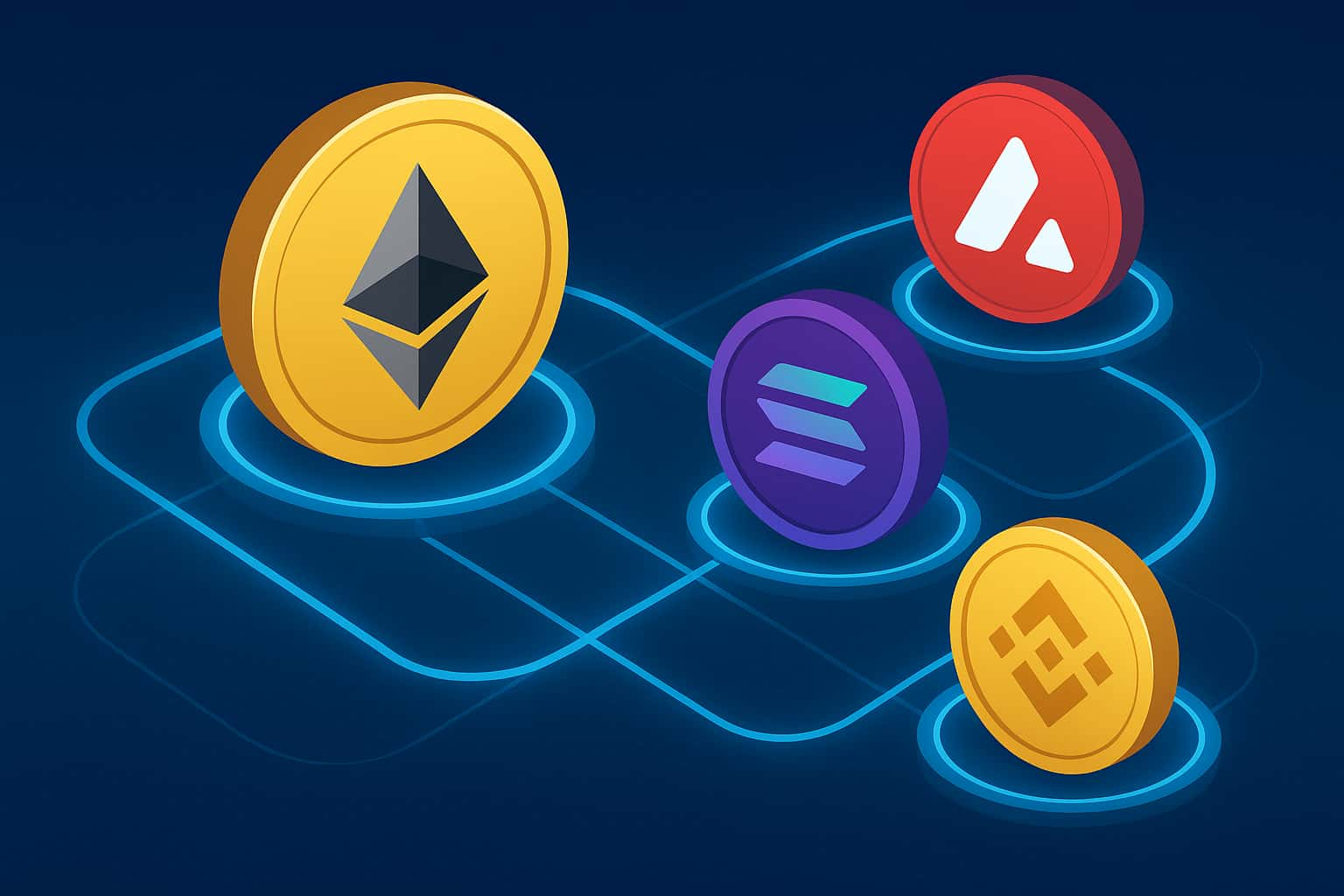Definition and Core Mission
Coinbase is a regulated cryptocurrency exchange and platform headquartered in San Francisco, California. Founded in 2012, it provides a secure interface for buying, selling, storing, and managing digital assets. The company’s mission is to “increase economic freedom in the world” by making crypto accessible to everyone.
Coinbase’s position as a publicly listed entity on NASDAQ sets it apart from most competitors. It emphasizes transparency, compliance, and user protection, catering to both retail investors and large institutions. As of 2025, it serves more than 100 million verified users across 100+ countries, managing billions of dollars in crypto assets.

 Blockchain Application Development
Blockchain Application Development
 Fintech Blockchain App Development
Fintech Blockchain App Development
 Hyperledger Application Development
Hyperledger Application Development
 STO Development Services Company
STO Development Services Company
 Exchange Development
Exchange Development
 Cryptocurrency Wallet Development
Cryptocurrency Wallet Development






